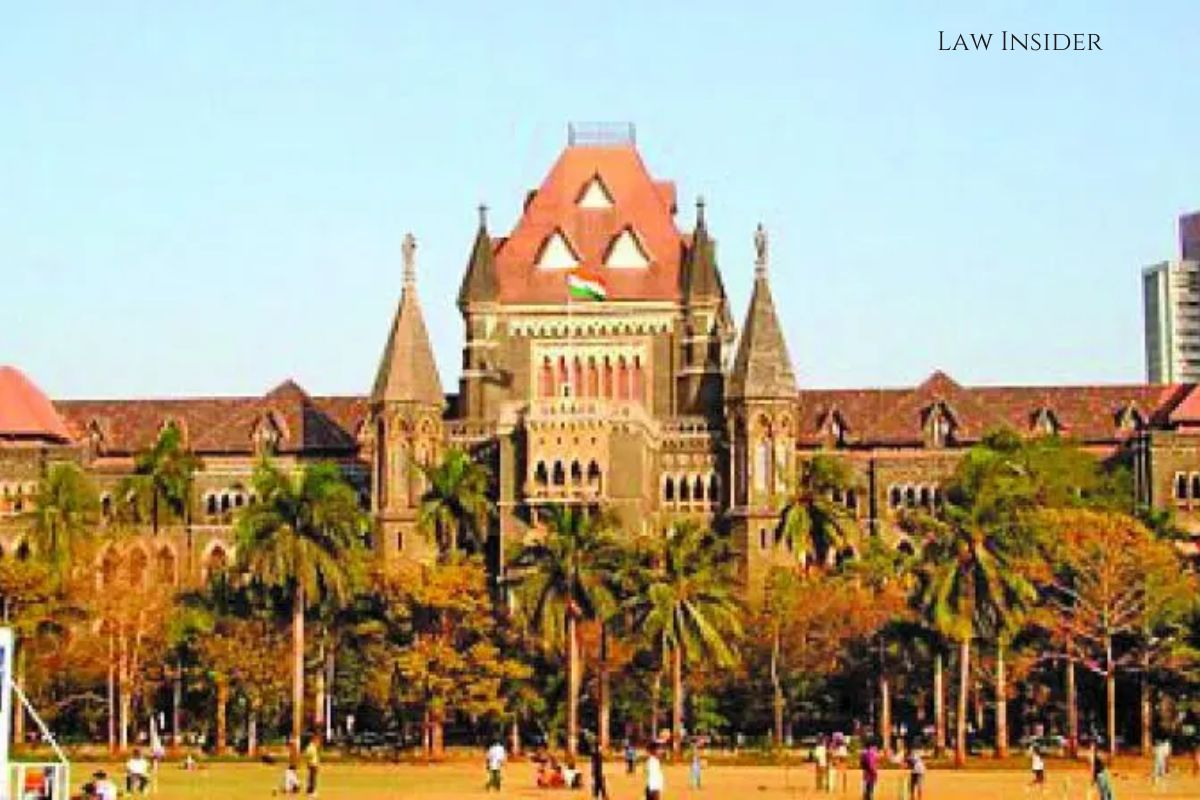LI Network
Published on: October 31, 2023 at 00:05 IST
The Bombay High Court has issued a significant ruling, emphasizing that the role of the investigating officer is not merely to bolster the prosecution’s case but to uncover the truth.
In a judgment regarding a case of cruelty and abetment of suicide, the High Court held that the investigating agency cannot reject material submitted by the accused if it is pertinent to the case.
A division bench comprising Justice Vinay Joshi and Justice MW Chandwani, presiding in Nagpur, directed the police to take into consideration certain printouts of WhatsApp chats submitted by the accused during their inquiry into the cruelty and suicide abetment case.
The court highlighted that while the investigating officer should have the freedom to conduct the inquiry in accordance with the law, it is unacceptable for them not to examine the material submitted by the accused.
The judgment stressed that there is no legal provision that prohibits the investigating officer from scrutinizing relevant material to uncover the truth.
The case revolved around Nikhil Ashokrao Waghmare, who got married on December 19, 2021, and his wife’s subsequent suicide on February 20, 2022. Her father filed a case against Waghmare, alleging cruelty and harassment that led to her death. Waghmare was charged under Sections 498-A and 306 of the Indian Penal Code (IPC), along with his family members.
Waghmare filed an application with the police to accept printouts of specific WhatsApp chats for their consideration in the investigation. However, the police declined to accept the documents. Consequently, Waghmare filed an application with the High Court, seeking a directive to the investigating officer to include the documents in the investigation process.
Senior Advocate SV Manohar, representing the applicants, argued that these documents were crucial and had the potential to exonerate the accused by demonstrating their innocence. He contended that the investigating officer is obligated to consider all material, whether or not it supports the prosecution, to ensure a fair investigation.
On the other hand, APP MJ Khan, representing the State, contended that the documents submitted by the accused constituted a possible defense, which should be addressed during the trial and not the investigation. He argued that the courts should not interfere with the investigating officer’s discretion in handling a cognizable offense and stressed that the investigating officer should have the freedom to determine the course of the investigation.
The court emphasized that the fundamental principle of the criminal justice system is to ascertain the truth, and an accused is considered innocent until proven guilty. The court stressed the importance of a fair, impartial, and transparent criminal investigation, ensuring a just trial for both the victim and the accused.
The court stated that a fair investigation requires the investigating officer to consider all relevant material. According to the court, the term ‘investigation’ under Section 2(h) of the Code of Criminal Procedure (CrPC) encompasses evidence collection, without specifying that the collected evidence must support the prosecution’s case.
The court further asserted that the CrPC does not endorse one-sided investigations designed solely to collect evidence in favor of the prosecution. It provided examples, such as a case involving consensual sex with a minor where the accused wishes to submit the victim’s birth certificate to prove she was of legal age at the time of the incident. In such cases, the police cannot insist on filing a charge sheet before considering the birth certificate during the trial.
The court also cited another scenario where an accused may provide indisputable documents demonstrating their presence abroad at the relevant time, which could materially affect the investigation.
In conclusion, the court highlighted the numerous situations where vital material might be presented to the investigating officer, which should not be ignored. The court emphasized that the investigating officer has the discretion to determine the relevance and reliability of the materials provided.
The High Court granted the application, directing the investigating officer to consider the documents submitted by the accused during the course of the investigation, while exercising their discretion to evaluate the material’s relevance and reliability.

